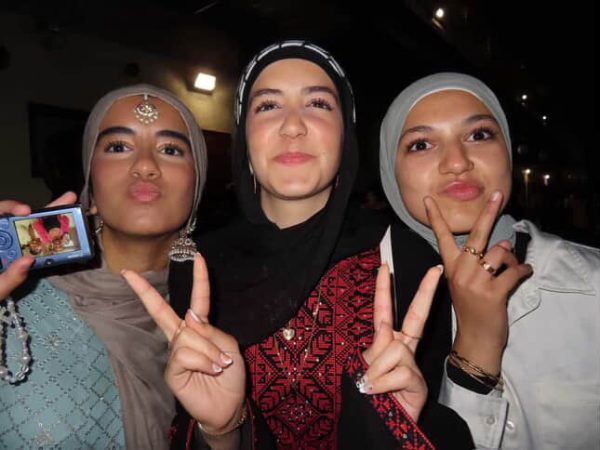Kids Learn Immigration Laws
According to the Washington Post, immigration from southern borders has increased by millions in the last four years.
The nation’s immigrant (foreign-born) population, which includes legal and illegal immigrants, grew by 4.1 million from the second quarter of 2011 to the second quarter of 2015. Immigrants are 13.3 percent of the nation’s total population. Growth in the last year was led by a rebound in the number of Mexican immigrants, which increased by 740,000 from 2014 to 2015, accounting for 44 percent of the increase in the total immigrant population in the last year. The total Mexican immigrant population (legal and illegal) reached 12.1 million in the second quarter of 2015, the highest total ever recorded.
It is evident that immigration is a serious issue in the United States. Immigration will continue to grow, but a controversy stands behind it. Can kids learn immigration laws?
The Los Angeles Times stated that more kids are constantly being caught crossing the border; a judge says even three-year olds can defend themselves in court. Judge Jack Weil stated: “I’ve taught immigration law literally to three and four-year olds. It takes a lot of time. They get it. It’s not most efficient, but it can be done.” The huge question being asked is, why would a child need to defend himself in court?

According to the U.S. Citizenship and Immigration Services, when an “alien” or illegal person is caught, the process of deportation starts immediately. Normally, an organization called I.C.E. takes over and a quiet investigation takes place, but the only action taken place is deportation. Based off technicalities, court is not needed when immigrants are caught. Therefore, what is the purpose of three-year olds or adolescents “defending themselves” in court?
Judge Weil expressed that if children learn the laws of immigration, then immigration itself will hopefully decrease. He says this because over 20,000 adolescents were caught crossing the border with their families or wandering the border by themselves within the last four months.
I had the opportunity to interview my uncle Al Castillias, a Los Angeles police officer. He stated that “a minor can only be question without a guardian when a crime was committed, [otherwise], a legal guardian must be appointed to the child by a foster system.” Therefore, it is clear that there is no need for any minor to be questioned in any sort of way.
After interviewing Lillianna Najera, she felt as if this controversy is not needed. She believes that if residency cards were distributed more often, then immigration wouldn’t be so high.


